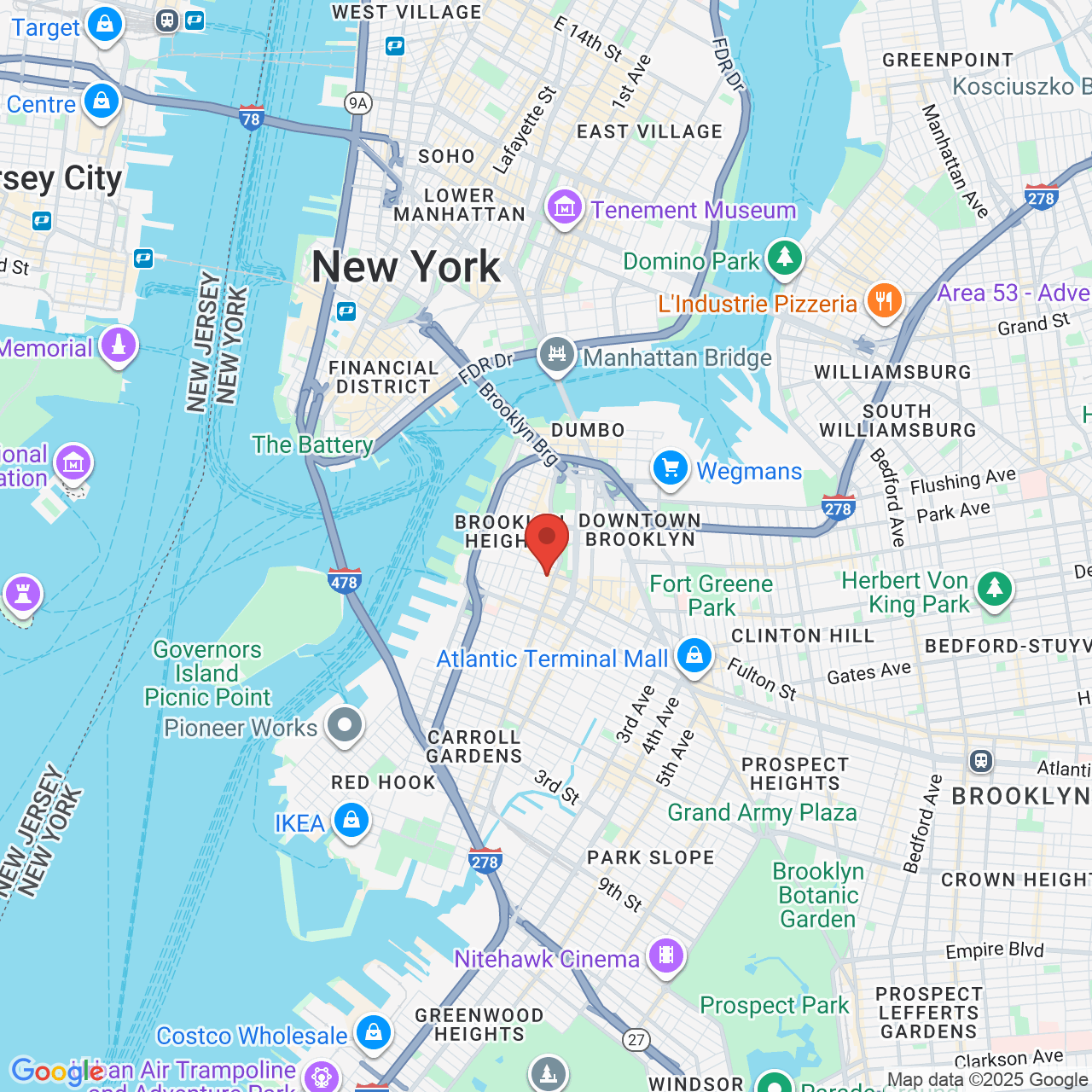Do Roundabouts Cause Car Accidents?
 Car accidents are a leading cause of injury and death in the United States. Car accidents are especially common at intersections. When there are multiple lanes of traffic traveling in different directions, it makes sense that the risk of a crash would increase, even if there are traffic lights or signs in place to control traffic flow.
Car accidents are a leading cause of injury and death in the United States. Car accidents are especially common at intersections. When there are multiple lanes of traffic traveling in different directions, it makes sense that the risk of a crash would increase, even if there are traffic lights or signs in place to control traffic flow.
But how do drivers fare when traveling through roundabouts? Roundabouts direct traffic without the use of lights or stop signs. Drivers who are unfamiliar with roundabouts may wonder, do roundabouts cause car accidents? Here, the Brooklyn, NY, car accident lawyers at Zucker & Regev, P.C. discuss how roundabouts affect the likelihood of a car crash.
What Is a Roundabout?
Roundabouts are not as common as signal-directed intersections, so many drivers are unfamiliar with what a roundabout is, or how they control traffic flow. A roundabout is a circular intersection that directs the flow of traffic in a clockwise direction around a circular island. A roundabout directs cross traffic without the use of traffic lights or stop signs. When drivers enter a roundabout, they yield to existing traffic. Once they are in the roundabout, they travel with the flow of traffic until they exit at their desired street.
Benefits of Roundabouts
Many drivers are not big fans of roundabouts. This is primarily because roundabouts are still pretty rare in many parts of the country, so drivers tend to feel uncomfortable when traveling through these intersections. Although roundabouts may not be preferred by most drivers, they do offer some benefits.
The Insurance Institute of Highway Safety (IIHS) cites many studies that show roundabouts significantly decrease injury causing accidents. In looking at intersections that were converted from signal or stop sign-directed to roundabouts, one study found that injury crashes reduced by 72 to 80 percent.
The decrease in injury crashes is most likely due to the fact that cars can travel at excessive speeds when traveling through an intersection, but in a roundabout, drivers must reduce their speed. This is highlighted by a study focusing specifically on high speed intersections (40 mph or above) that converted to roundabouts. These intersections showed an 85 percent reduction in injury crashes.
Roundabouts and Car Accident Frequency
Roundabouts have been shown to significantly lower the number of certain types of car crashes, primarily injury crashes and fatal crashes. However, they do not eliminate car accidents altogether.
A study reported in Bloomberg CityLab found that past monitoring of 30 converted intersections in the state of Wisconsin showed a 38 percent drop in accident injuries and fatalities once a roundabout was in place, but a 12 percent increase in the total number of crashes. This data suggests that, while serious car accidents can be reduced by a roundabout, minor property damaging car crashes remain a concern.
What Causes Roundabout Car Accidents?
The causes of car accidents are varied, but when it comes to roundabout crashes, they can usually be linked to an inexperienced or unprepared driver. If someone is unfamiliar with a roundabout and enters traffic at high speeds, or fails to recognize the correct flow of traffic, they can easily cause an injury-resulting car crash. In these types of situations, our Brooklyn lawyers are prepared to assist accident victims in holding reckless drivers accountable for the full extent of accident damages.
Get In Touch
Catastrophic roundabout accidents are rare, but it doesn’t mean they don’t happen. If you have suffered physical and financial losses following a car accident, the lawyers at Zucker & Regev, P.C. can help you pursue financial compensation. To discuss your case with our legal team, contact us online, or call our Brooklyn law firm at (718) 624-1211.


